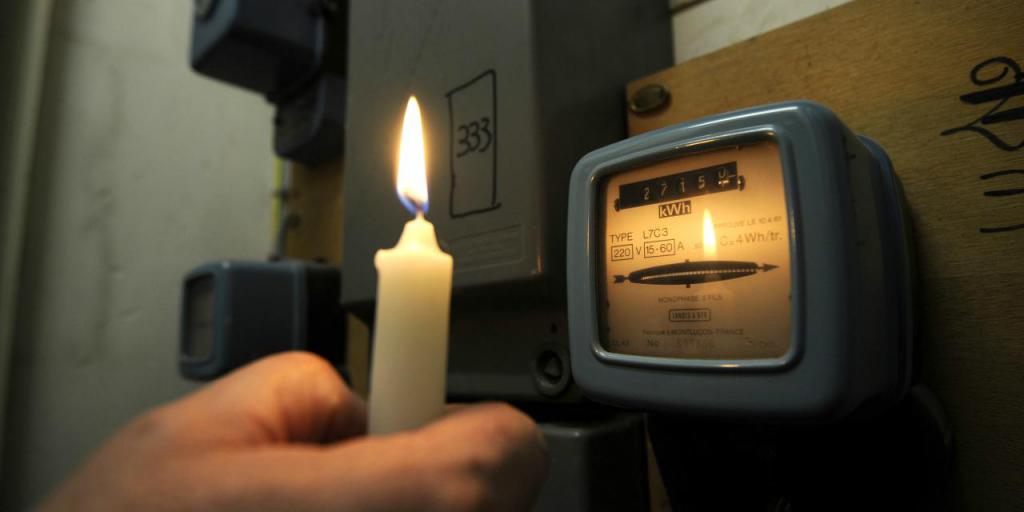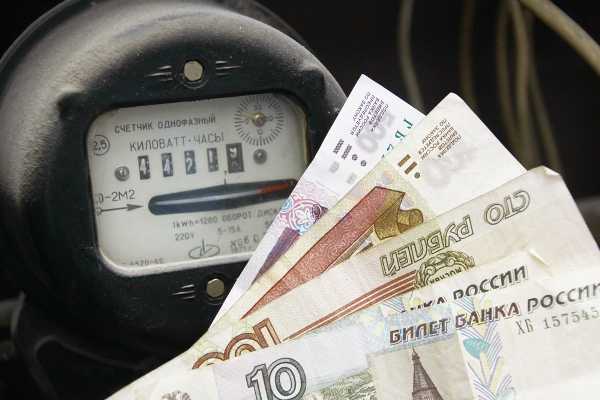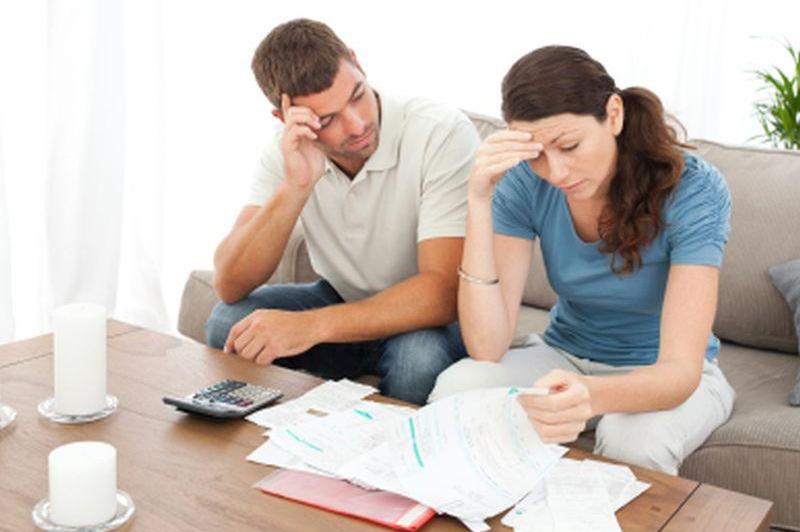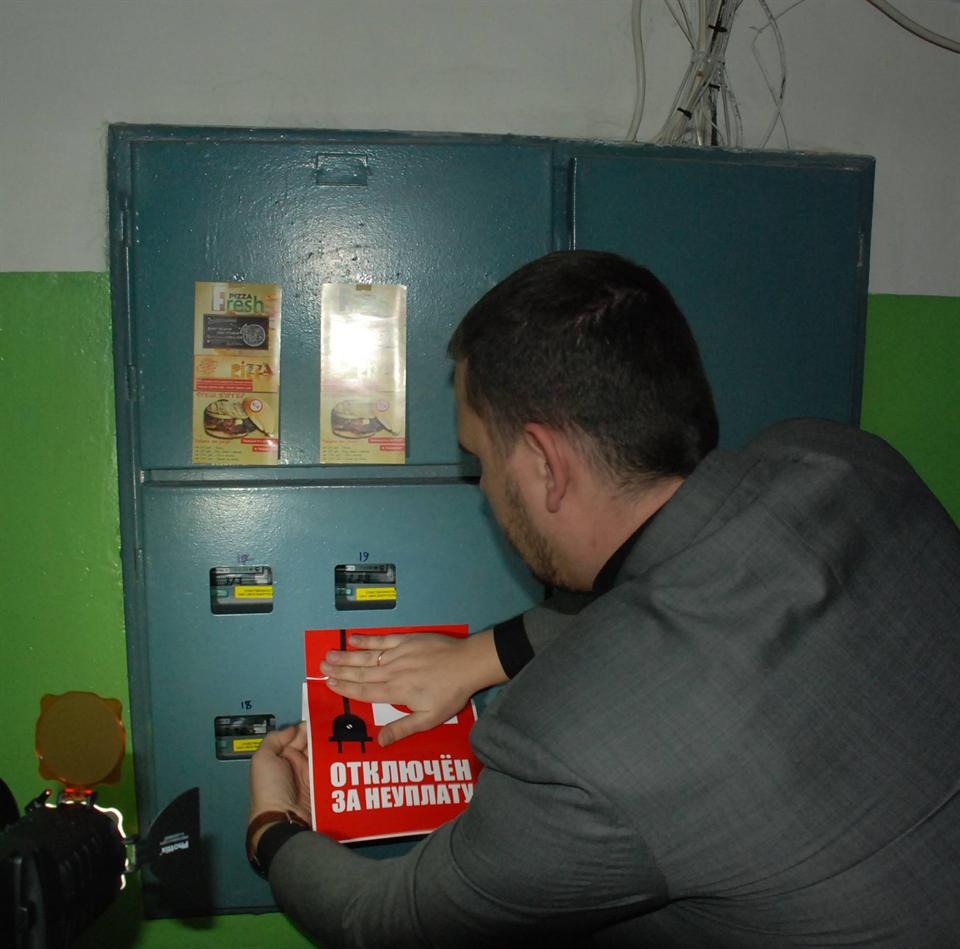The question of non-payment of "communal" is now more acute than ever. Due to small salaries, illnesses and personal hardships, people may not pay for months for the services they provide. And when the next threat comes from communal services, insolvent citizens worry and fear not only that they are obliged to pay companies a large amount of money, but also that they may be deprived of some modern conveniences.
So, do they have the right to turn off the light for non-payment of rent? This topical issue will be devoted to this article.
To be or not to be?
Do they have the right to turn off the lights for non-payment of utility bills? Yes, such actions are permitted and are considered legal, as they are regulated by Russian law. However, there are some nuances, which will be discussed below.
In what cases a forced shutdown occurs
Regarding utilities, we found out whether they have the right to turn off the lights for non-payment. Now let's see what cases are considered by the law as malicious evasion of payments, because of which such radical measures can be applied.

First of all, it should be remembered that debt is not measured in amounts, but in time intervals. According to Russian law, the decision to turn off the electricity should be taken only if the owner has delayed payments for two months or more. That is, if your neighbor’s debt is 1,500 rubles, and he doesn’t pay the required amount for only one month, then penalties are not yet available to him. But if you don’t pay your bills for sixty days or more, although your debt is ten times less than the neighbor’s debt, an unpleasant message from the public utilities will not take long.
What follows before a radical measure
Before a malicious deadbeat is blocked from access to a common electricity network, utilities must implement a number of conditions.
Firstly, the owner of the housing must be notified in writing about the possibility of disconnecting from the power supply. What does this document include? Firstly, the surname, name and patronymic of the debtor, his address of residence and the current account by which he pays for utility bills. Also, the paper will contain information about the amount and period of the debt, as well as the warning itself. That is, before what specific date is it necessary to pay the energy bill.

Do they have the right to turn off the lights for non-payment of rent without warning? No, since the law of the Russian Federation has specific instructions in this regard: the non-payer must be warned. Moreover, you can’t just leave a piece of paper with a notice in the door. It is necessary to personally hand over the document to the person for familiarization and to assure this process with the personal signature of the owner of the house or apartment.
What happens next?
Opportunity to rehabilitate
According to a written notice, the non-payer can pay the debt in full or (be careful!) In part. That is, if the debtor makes any amount as payment for energy supply, then this will already be considered a full payment for the service. This means that the utility will have to wait another three months in order to start fighting against the malicious payer again.
Of course, it is better not to go to such urgent measures and try to pay at least the minimum amount for payment of energy supply every month.
It is also recommended that you contact your electricity supplier to delay the sentence or allow payment in installments.
If the fee is not paid
If the owner of the housing did not heed the warning and did not deposit money into the utility bill, he will again be sent a notice of a power outage. This time, the debtor is given a period for payment of services equal to three days. If the funds do not go to the utility bill, the company proceeds with radical measures.

Do they have the right to turn off the light for non-payment without a court order? Yes, since under Russian law it is not necessary to go to court if it comes to suppressing the actions of malicious defaulters. However, this applies only to those cases when the company providing energy supply services met all of the above conditions.
But are they entitled to turn off the light for non-payment without a court decision in winter? As practice shows, public utilities have all the rights to turn off electricity to malicious non-payers, regardless of the time of year or other factors.
But do they have the right to turn off the light for non-payment, if the apartment has an electric stove? Yes, since the principle described above is valid in almost all situations. For example, do they have the right to turn off the light for non-payment if there are minor children? In fact, the communal service does not care who lives in the housing, where there is debt. For such institutions, the main thing is that tenants make timely payments for services. However, the presence of young children and seriously ill citizens can be a mitigating circumstance, which we will discuss below.

If the algorithm is violated
Do they have the right to turn off the light for non-payment if there is a small child? Yes, utilities have these rights. But what if the power was cut off illegally? That is, if the conditions mentioned above were not met?
We remind you that it is possible to limit the tenant in the use of electricity when implementing such an algorithm:
- A written warning notice.
- The provision of a thirty-day period for the payment of arrears.
- Repeated notification with a warning about turning off the light after three days.
It happens that the owner of a house or apartment did not receive a document warning about radical measures and did not sign it. Or there may be situations when the non-payer deposited part of the total debt into the account of the communal institution, but he was cut off anyway. It may be that there was no repeated notification of a power outage, and radical measures were still applied. What should the landlord do in this case?
Such a person may appeal to the court with a complaint about the actions of communal services with a request not only to connect him to the general power supply network, but also to pay a certain amount in the form of moral damage. And although this situation is absurd, it is still quite common.
In such cases, public utilities, if they, due to inexperience or carelessness of employees, have violated the conditions for the legal disconnection of the non-payer from the power grids, may be found guilty. Of course, if it was proved that the landlord did not receive notices or paid part of the debt.
How does the shutdown process go
So, we sorted out whether they have the right to turn off the light for non-payment. The short answer is yes.
Now let's find out how the process of disconnecting a malicious deadbeat from power supply networks is carried out. In such a situation, a specialist is sent to the debtor who will seal the electric meter and cut off the power supply to the network. It is noteworthy that such actions cannot be implemented one day before the weekend or holidays.
What to do in case of shutdown
Before deciding what actions to take after a power outage, you should know why such a punishment has been established.
First of all, turning off the light is not a punishment or retribution for the bad faith of the payer. Rather, it is a temporary and forced measure, prompting the debtor to pay bills as soon as possible.
That is, the goal of turning off the light is to make a malicious intruder think about the importance of timely payment of utility bills. Therefore, it is possible and necessary to return everything to normal. Moreover, this is welcomed by the public utilities themselves. What actions should be taken to bring the light back?
First of all, of course, it is necessary to pay the debt. However, if the owner of the property does not have the opportunity to do this in full, then he can contact the local institution providing energy services with a request to provide him with a delay. All citizens of the Russian Federation have the right to a gradual payment of a debt, therefore, public utilities will gladly conclude a deferment agreement with you.

With this document, you must contact the management company, where you will be asked to make the necessary amount as repayment of part of the debt. After the money has been paid, the non-payer agrees on the arrival of the power engineer, who at the appointed time will reconnect the living space to the electricity grid.

Preferential circumstances
Do they have the right to turn off the light for non-payment if there is a small child? This question has already been repeatedly answered in the article. However, let's discuss whether it is possible to take advantage of such a situation to cancel the radical measures of a municipal institution?
If the family has a newborn child or a seriously ill person, then you should contact the company that provides energy supply services with a document confirming the residence of privileged categories of the population on a particular living space. In this case, the electricity is not turned off, but they oblige the landlord to pay the debt.

The same principle applies to another common question: are they entitled to turn off the light for non-payment, if there is a disabled child? As you can see, we must always be able to agree. Utilities are also people, therefore, upon presentation of a document proving that you are in exceptional circumstances, they will not turn off the electricity to you, however, only at the initial stage and with the condition of full repayment of the debt (immediately or partially).
Do they have the right to turn off the light for non-payment in SNT?
SNT is a horticultural non-profit partnership, which is founded by citizens on a voluntary basis with the aim of solving common problems and problems of the socio-economic direction (garden, gardening or cottage). And although each such association has its own charter and its own rules, yet each SNT is subject to the uniform civil laws established in the Russian Federation.
There are cases when members of the partnership or the chairman may threaten the debtor with cutting off the electricity spent on his site as a punishment for non-payment. Is this legal?
Of course not. Since the right to turn off the power supply has only a municipal organization. Therefore, if the gardener is disconnected from the general electricity network, he can appeal the decision of the partnership in court.
On the other hand, SNT can also file a lawsuit against a malicious deadbeat to force it to legally pay off a debt.
When shutdown is allowed without warning
Of course, there are situations when legislation allows a complete power outage from consumer networks. Often this applies to all owners of housing, regardless of whether there are debtors among them or not.
First of all, we are talking about repair work carried out in a planned or emergency mode.In the first situation, it is important to notify tenants at least a few days before the work.
There are other cases when it is justified to disconnect the owners of housing from the general grid. First of all, we are talking about the theft of electricity, the deliberate spoilage of energy devices, the deliberate impact on the quality of energy consumed in the network, and so on.
In some cases, a fine may also be issued or a different sentence imposed.
Finally
As you can see, utilities have the right to disconnect some users from the general energy supply system. This article examined in detail situations where public utilities can cut off the light for non-payment.
It is important to be very careful here. If the owner of the dwelling twice received a warning notice, then turning off the lights in this situation is considered legal. If the non-payer did not receive written notices of arrears and warnings about disconnection, then the company's actions are considered illegal and the debtor can appeal to the court with a request to connect it to electricity and pay moral compensation.
What to do if radical measures are legal? In this case, it is necessary to pay the debt as soon as possible. If this is not possible, you can conclude an agreement with the company on an installment plan for payments on arrears and make a minimum amount for future payments. In this case, the supply of electricity to the debtor will be resumed as soon as possible.
And of course, the most important thing: remember that only timely payment of utilities will save you the unnecessary worries and inconveniences associated with disconnecting the premises from the common power supply networks.
